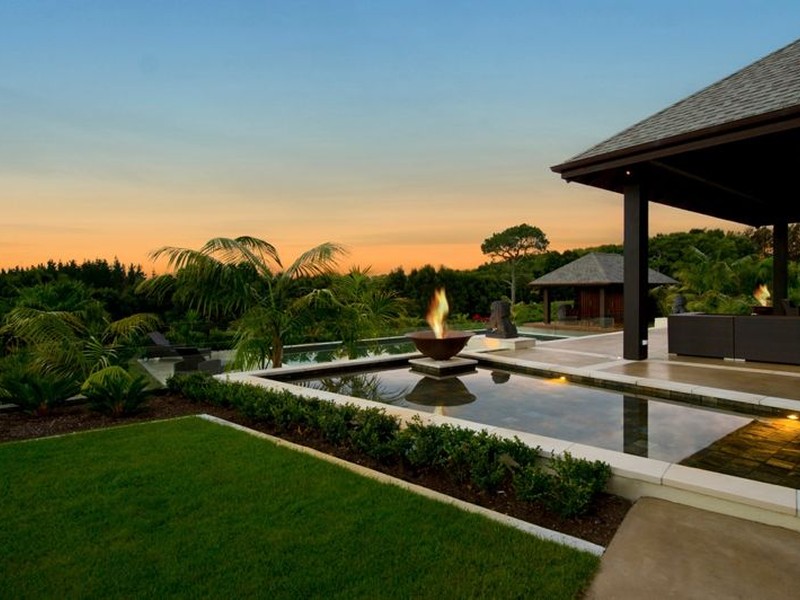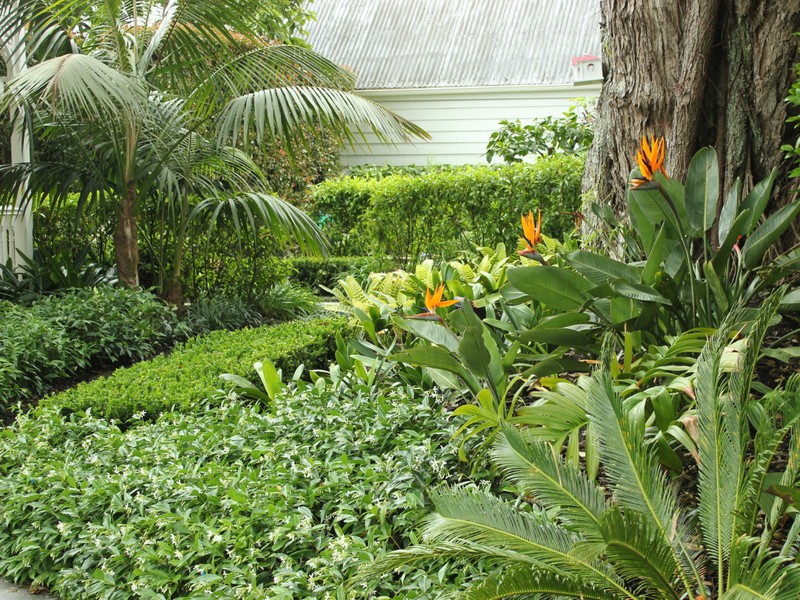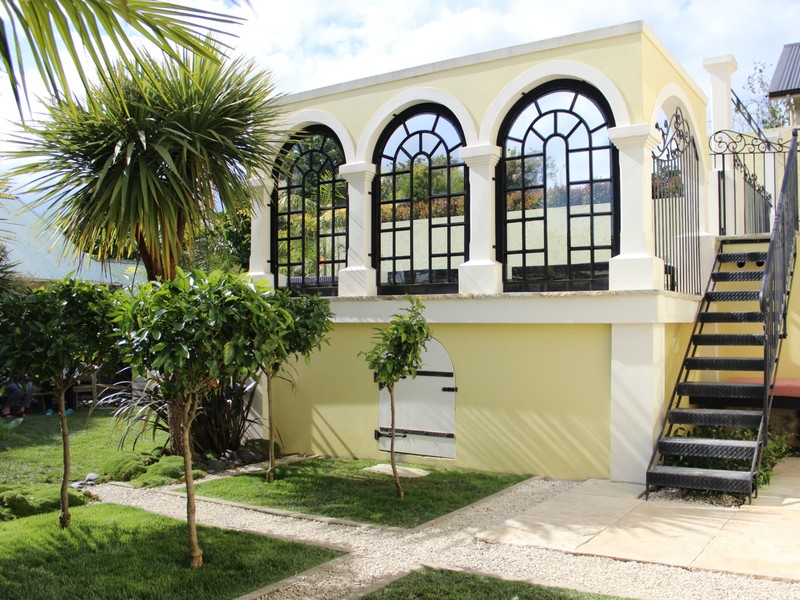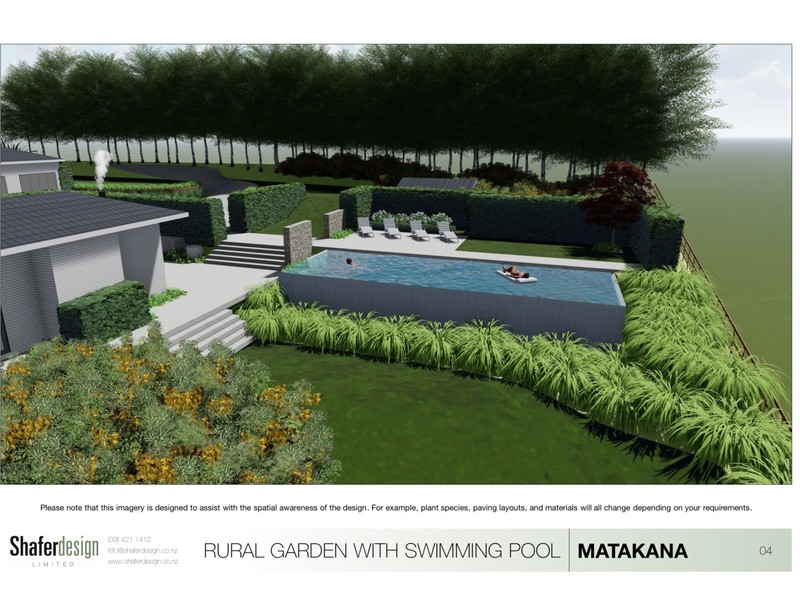Box Hedging Tips
Wed Dec. 1st 2021
- Plant Selection
There are four main categories of box hedges: common box (Buxus sempervirens), instant box hedging, dwarf box (B. sempervirens ‘Suffruticosa’), and other varieties of box hedge plants. These are good plants to start with since they will succeed year-round.
- Plant Spacing
Determining how much spacing you need is important. To calculate this, simply multiply the length of your box garden hedge in meters by 5. For low growing hedges, under ~40 cm in height, multiply by 6 (16cm/6.5 inches spacing); for taller hedges, anything over ~80 cm, multiply by 4 (25cm, 10 inch spacing). As an example, a 20m box hedge will need about 100 hedge plants. This is helpful to ensure you fill out your growing space appropriately without overplanting. A general rule of thumb is to place about 3 plants per meter when the root balled/contained plants are between 30-50 cm.
- Planting
Box hedges are versatile plants but can be a bit slow in growing. They are not suited for planting in windy locations. Soil pH hardly bothers them, so when digging out spaces, make sure the soil is arable and a bit crumbly so that compost/organic matter can be tilled in. It’s also good practice to return soil levels for bare root hedging to their initial height, though fertilisers can help – pot grown plants can survive without additives. Once planted, water generously. Box hedges are durable and can survive droughts, but can become coppery-green until it has reacquired enough water and nutrients.
- Trimming
Trim sparingly to allow greater natural growth. Once they are close to the desired height, trimming can be done mid-Summer to reduce height to a few inches below their goal height, then shaped in August or September. After a few years, thinning the number of shoots near the top of the hedge by 6-12 inches will help ventilation within the plant. Finding the correct number of shoots to cut will have to be done through trial and error each year.




